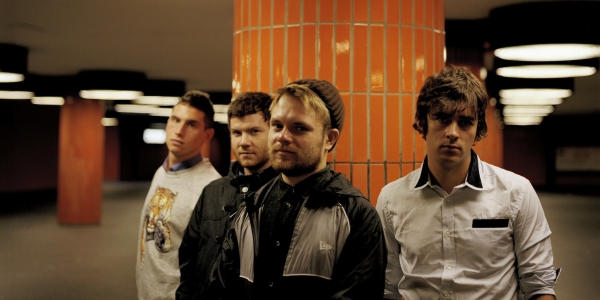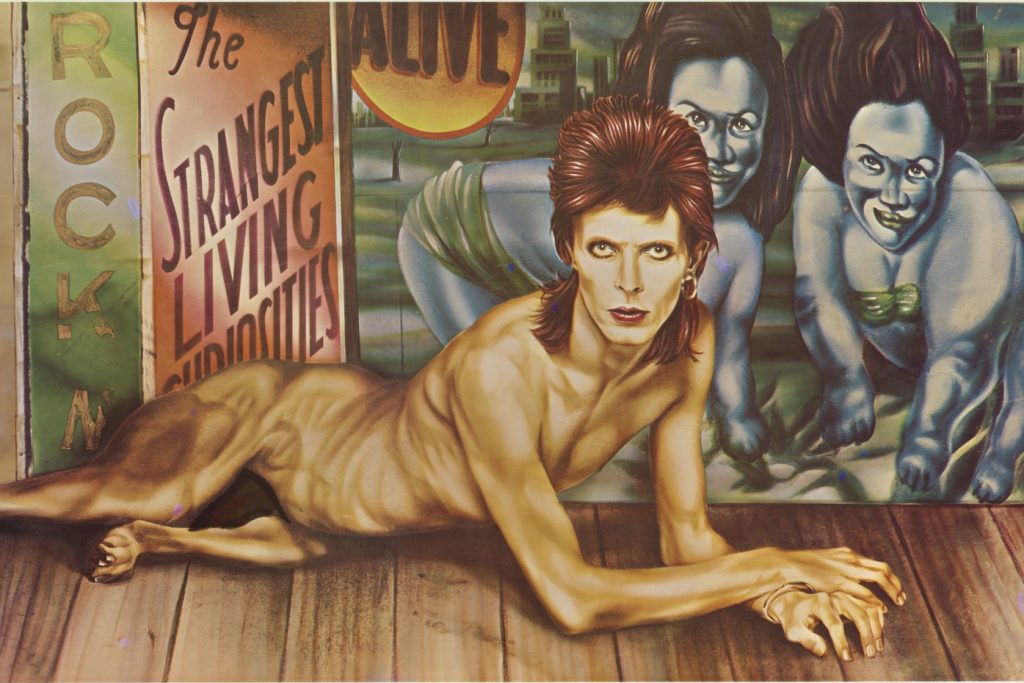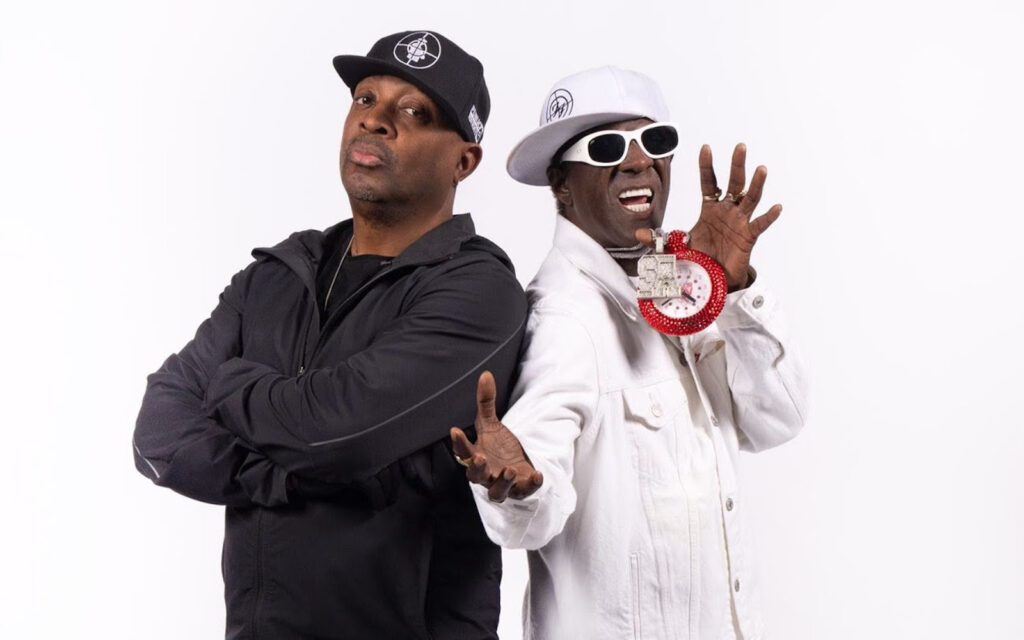Fiercely independent in their approach to music and business (a dirty word for many artists), Enter Shikari formed Ambush Reality, a record label collective designed purely as a platform for Enter Shikari’s music. Realising that in order to get released in the US they would need some semblance of major label support, Ambush Reality joined the Interscope Records imprint Tiny Evil and established a distribution deal with Warner Music. While these may seem to be mere business obligations, it signifies the determination Enter Shikari have with regard to creative and economic independence. On top of preparing for their run of European and UK summer festivals and a world tour, Reynolds has just launched clothing line Step Up Clothing.
“The whole premise of the company is about the resource and the moral side of the business so it’s all fair trade, organic and with minimal impact on the environment,” Reynolds says as he walks home from a meeting through the streets of London. “The T-shirts have a 90% reduced carbon emission rate. All of the shirts are designed by friends of mine and represent different causes and charities.”
Reynolds has, in the past, insisted that he and Enter Shikari are not political in any way but the lyrical content of the band’s music as well as projects like his clothing line seem to contradict that position. The truth is that Reynolds likes to differentiate between the political and the social. He seems to prefer to consider himself concerned with the world as a whole, and politics as simply a construct society must function within. “I think the main reason I’ve said that is the second you mention the ‘p-word’ I guarantee about 50% of the people either watching, reading or listening will just switch off,” he says. “They think it’s gonna be boring. When I think of politics, I think of old men bickering about budgets.”
But what about demonstrations of youth solidarity or even just a good old-fashioned riot? “Obviously that’s more exciting,” he laughs. “But I think we try and encourage people to just think about the things going on around them. Nature doesn’t respect any borders whatsoever and when you think about it, countries are just gangs on a larger scale. It’s a very immature and blinkered way of structuring society and all of the psychological shit it brings – patriotism and negativity – creates so many problems in this world.”
By album number three audience expectation starts to become a weighty issue but Enter Shikari have never made music just to please the masses and they seem to distance themselves from any external demands on their creativity. A Flash Flood Of Colour reached number four on the UK charts in its first week of release and while this is normally something to celebrate, some die-hard Enter Shikari fans have fallen back on the lazy adage of ‘sell-outs.’ Nowhere is success more condemned than within music and particularly within the genres of hardcore, punk and their close cousins.
“It’s the whole first album thing,” he says. “If we’d just stayed making the same music over and over a fair few people would’ve been really pleased but most people would’ve been really bored, particularly us. The whole reason you get into music is so you have that creative freedom and you’re not stuck at a desk or something doing the same thing over and over again. You do it for freedom and that is how we approach things.”
Despite any criticisms thrown at the band, it’s the case of pointed words coming from a place of love. When a band starts out in the underground, fans often have a hard time handing them over to the masses. They want to keep them as their own little secret, a musical haven within which they can purge their own emotion. If everyone likes them, it is no longer special.
“The music that we make is quite scientific, but it’s so simple as well,” he says. “You just absorb the experiences and feelings you have every day and you churn them up inside you until they come out of this blender that turns out to be an amalgamation of sounds. We don’t think, ‘Oh we need some hardcore or drum and bass or punk,’ nor do we think ‘Screw you guys, we’re not playing this song or that song’ if we know people will want to hear it. But creatively the songs just come out via whatever tools we have on hand. It’s what we did for this album and what we’ll continue to do.”
BY KRISSI WEISS







